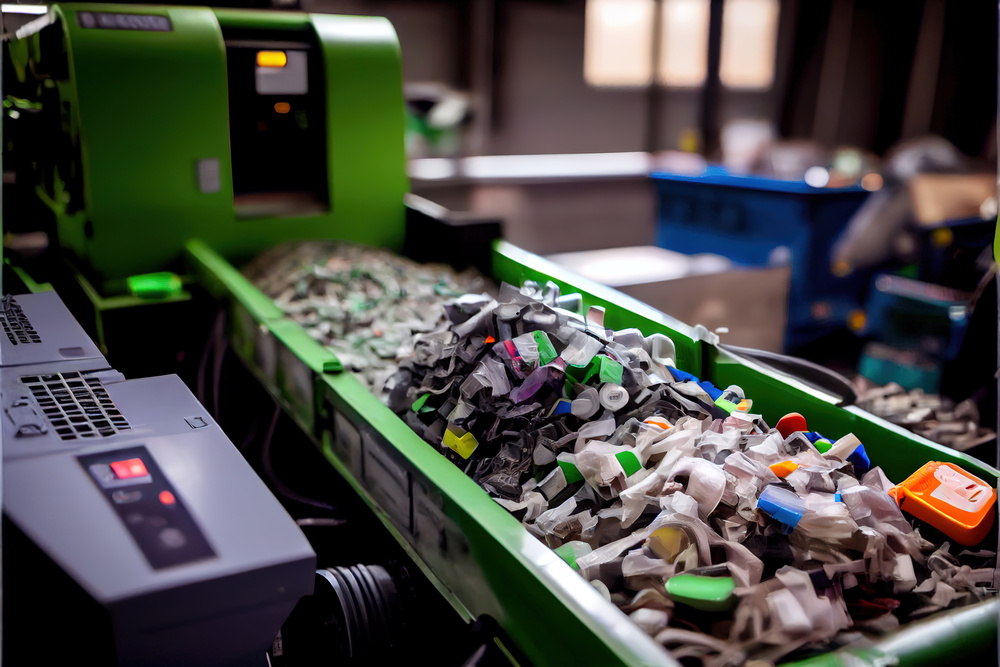Though it may not seem like it to young sustainability advocates, humanity has a particularly good track record of cleaning up its messes. Moreover, free-market economies have a good track record of incentivizing companies to come up with ways to do it. These realities suggest that advanced plastic recycling is a better choice than plastic elimination.
Eliminating plastic is en vogue in the current sustainability movement. As the thinking goes, single-use plastics are the biggest threat to humanity since the internal combustion engine. Sustainability advocates insist that plastic must go. It is never going to happen. Until we find a manufacturing material capable of doing what plastic can do, the world’s most preferred manufacturing material isn’t going anywhere.
Recycling Could Be Better
It used to be that the average American was happy with consumer recycling efforts. We would put our plastics out to the curb with paper and glass, where they would be picked up by the local trash hauler and taken away to be recycled. Or so we thought. We now know that this is not the case. Less than 10% of all plastics are recycled.
On the commercial side of things, recycling is actually workable. Companies like Tennessee-based Seraphim Plastics recycle tons of scrap industrial plastic waste every year. Still, there is room for improvement.
Where commercial plastic recycling makes money, consumer recycling generally loses it. But recycling could be better at both levels. Enter the concept of advanced plastic recycling.
What Advanced Recycling Is
The Plastics Industry Association defines advanced plastic recycling as “any technology that converts plastics into a purified form or a feedstock” that can be put to use manufacturing new plastic polymers, monomers, etc. It is considered advanced because it utilizes highly complex and scientific processes.
By contrast, Seraphim’s mechanical recycling process is as simple and uncomplicated as it gets. Seraphim collects already separated and cleaned scrap plastic loads and hauls them back to one of their plants. The materials are sent through a series of grinders and magnets to produce plastic regrind. Regrind is sold to manufacturers who mix it with virgin plastic.
Advanced plastic recycling seeks to produce new plastics that equal virgin plastic in quality and integrity. Seraphim’s mechanical recycling cannot do that. Seraphim produces a recycled product that manufacturers want. Yet that product isn’t as good as virgin plastic. That’s why it must be mixed with virgin plastic pallets.
Why Advanced Recycling Is Better
Successful advanced recycling projects are alive and well throughout the U.S. Processes like depolymerization, purification, and conversion are already being employed by companies turning all sorts of plastic waste into new polymers and monomers – and revenue, too.
The companies and their projects are also proving that advanced plastic recycling is both viable and a better alternative to elimination. Eliminating plastics simply forces us to turn back to other manufacturing materials which have their own problems. Some of those problems cannot be overcome.
For instance, plastic is an attractive food packaging option because it is both hygienic and preservative in nature. We haven’t found any other material that works as well for food. So if we were to eliminate plastic food packaging, the paper and glass substitutes we would use instead would be inferior. We would create a whole host of new problems.
Elimination will not do anything but make a small group of people feel good about sustainability. If we really want to find a solution to the alleged plastic problem everyone seems to be talking about, we need to develop better ways to recycle. That is what advanced plastic recycling is all about.

